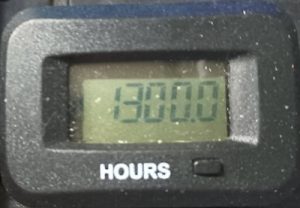Memory leaks in perl
Monday, December 30th, 2024So, I’ve been maintaining several very large projects in perl – I can enumerate them at a later date – and one of them in perl and XS. Interestingly, the one in perl and XS is the first to have significant memory leaks – but they’re not all from XS!
I’ve identified three types of memory leaks
#1) Scalers leaving XS without being made mortal and given a reasonable refcount. A useful tool for looking for these is Devel::Leak
#2) Circular references that are not weakened and therefore can never be reaped. A useful tool for looking for these is Devel::Cycle
#3) Scalers gaining a refcount that is not being cleared. A useful tool for looking for these is also Devel::Leak
I now need to go through all the major subsystems and make sure that they aren’t leaking one of these ways. If I find new ways to leak I will add them to this document. Comment below if you’d like a more comprehensive document on how to find these things.
